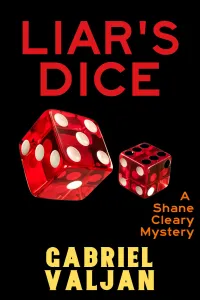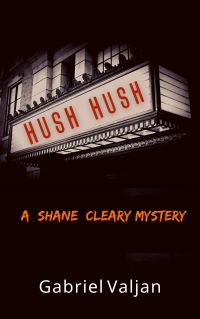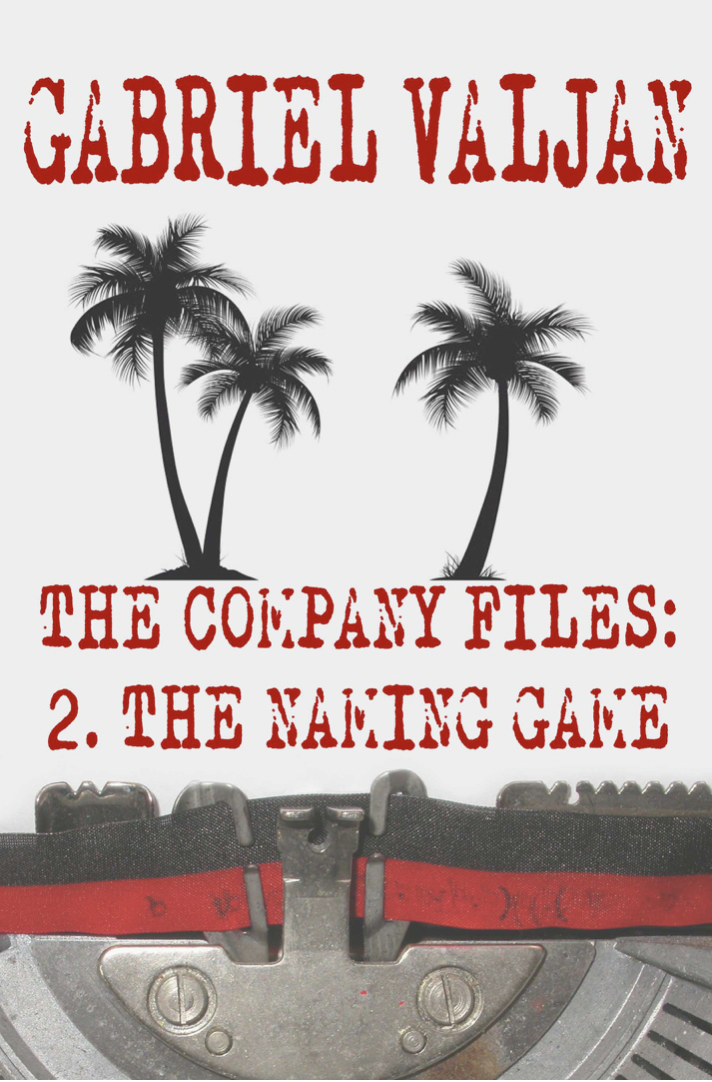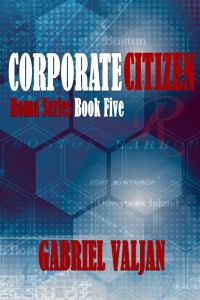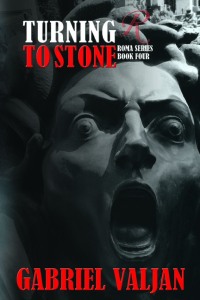The Centenary of the First World War was August 2014, but the debates around the causes for the world-destroying war have not died down since the war ended in 1918. Let us review the formal dates for the declarations of war, which happened in rapid succession: on August 1, Germany declared war on Russia; on August 2, Belgium received an ultimatum from the Germans to allow troops to pass through its territory; and on August 3, Germany declared war on France, invaded Belgium on August 4, which prompted Great Britain to declare war on Germany, thereby ending a century of peace. Lurking behind all these volleys of war declarations was the unspoken assumption that everyone would be home for Christmas.
In the subsequent years, millions died or were wounded. Three empires — the Austria-Hungarian, Russian, and Turkish – collapsed. Furthermore, Europe, as the focal point of world power, would give way to a new world power: the United States. London would lose its firm grip on the world’s economy, relinquishing its place of preeminence to Wall Street in New York City. Lenin’s interpretation of Marxist thought, Communism, would appear on the world scene.
 The world would also witness a series of firsts in the years between 1914 and 1918: aerial reconnaissance would become death from above, armored tanks would replace the aristocratic cavalry, and various forms of mechanized slaughter would threaten the soldier of the early Twentieth Century: chemical agents, flame-throwers, or senseless charges from typhus-infested trenches toward machine-gun pits across No Man’s Land. To give a sense of perspective to today’s readers, desensitized to violence, the Battle of the Somme in 1916 ended with 1.3 million dead, and 60,000 British soldiers perished on the first day of the Third Battle of Ypres.
The world would also witness a series of firsts in the years between 1914 and 1918: aerial reconnaissance would become death from above, armored tanks would replace the aristocratic cavalry, and various forms of mechanized slaughter would threaten the soldier of the early Twentieth Century: chemical agents, flame-throwers, or senseless charges from typhus-infested trenches toward machine-gun pits across No Man’s Land. To give a sense of perspective to today’s readers, desensitized to violence, the Battle of the Somme in 1916 ended with 1.3 million dead, and 60,000 British soldiers perished on the first day of the Third Battle of Ypres.
The backward glance would later reveal the full horror of a forgotten war: one out of every two Frenchmen would die, the majority of Russians died from poison gas, and the leading cause of death for most combatants was not arms fire, but fragmentation from explosive detonations. Civilians died, more often than not, from starvation. In the foreword to The Lord of the Rings, Tolkien would write: “By 1918, all but one of my close friends were dead.”
In that ‘August Madness’ one hundred years ago, bands played anthems and patriotic songs in several European capitals: Berlin, Paris, London, St. Petersburg, and Vienna. Flags waved, and men rushed off to volunteer for war.
Was the war inevitable?
In 1948, Churchill’s gift for turning a phrase would again touch the mark. In the preface to his The Gathering Storm, a series of books that covers the period 1914 through 1945, he would look over Clio’s shoulder and interpret the preceding carnage of both world wars as “the second Thirty Years War.” Churchill’s moral interpretation earned him the Nobel Prize in Literature in 1953. His position was seeing continuity in conflict and consequences of a European Civil War that could be traced back to the first Thirty Years War 1618–1648.
 Historians all agree, however, that the assassination of the Habsburg heir Archduke Franz Ferdinand and his wife Sophie on 28 June 1914 precipitated the war; but I think that there were harbingers much earlier. Theodore Roosevelt negotiated the Tangiers Crisis in 1905-1906, which could have been the spark to catastrophe. Roosevelt was awarded the Nobel Peace Prize for negotiating the peace between Russia and Japan in 1906. John W. Steinberg, an Associate Professor of History at Georgia Southern University, has argued in compelling terms that the Russo-Japanese War was, in fact, World War Zero in which alliances shifted the balance of power within Europe and between East and West, and inspired revolutionary ideology that would change world history.
Historians all agree, however, that the assassination of the Habsburg heir Archduke Franz Ferdinand and his wife Sophie on 28 June 1914 precipitated the war; but I think that there were harbingers much earlier. Theodore Roosevelt negotiated the Tangiers Crisis in 1905-1906, which could have been the spark to catastrophe. Roosevelt was awarded the Nobel Peace Prize for negotiating the peace between Russia and Japan in 1906. John W. Steinberg, an Associate Professor of History at Georgia Southern University, has argued in compelling terms that the Russo-Japanese War was, in fact, World War Zero in which alliances shifted the balance of power within Europe and between East and West, and inspired revolutionary ideology that would change world history.
The mass-hysteria of the ‘August Madness’ is worth discussing because the prospect of war had united people. This is not to say that everyone was for war, but the majority was indeed enthusiastic and festive. Italy, for example, resisted the idea of going to war and delayed its entry until 1915. Mussolini rose to prominence amongst the socialists in favor of war, the Interventisti. This group would lead him to a group of disgruntled World War I veterans that became the prototype Fascist party, Fasci Italiani di Combattimento.
 Ironically, financial institutions balked at the idea of war. There was a sense of camaraderie during the ‘August madness,’ a sense of unity to the extent that men of military age were shamed for not wearing a uniform. Think of the ‘white feather’ episode in Downton Abbey in which the women, also feminists and suffragettes, handed out the feather as a sign of cowardice. The ‘white feather campaign’ persisted into World War II. The point is this: social consensus, regardless of class and gender, approved of war. Society was one unified community. In contemporary terms for Americans, it parallels the determination and enlistment after 9-11.
Ironically, financial institutions balked at the idea of war. There was a sense of camaraderie during the ‘August madness,’ a sense of unity to the extent that men of military age were shamed for not wearing a uniform. Think of the ‘white feather’ episode in Downton Abbey in which the women, also feminists and suffragettes, handed out the feather as a sign of cowardice. The ‘white feather campaign’ persisted into World War II. The point is this: social consensus, regardless of class and gender, approved of war. Society was one unified community. In contemporary terms for Americans, it parallels the determination and enlistment after 9-11.
Was World War I inevitable?
The question is important because the fatalism inherent in ‘August Madness’ precludes any hope in international diplomacy. Accepting the idea that war is inevitable is an intellectual and moral failure of civilization and diplomacy. Strong words, I know. The cause for World War I is rooted in a confluence of several events and phenomena. Nationalism had already been present. A sense of complacency was there, too. Let us look at some of the explanations for why World War I happened.
In 1961, the German historian Fritz Fischer’s controversial study, Germany’s Aims in the First World War, suggested that Germany was determined to become a world superpower. The thesis is similar to the U.S. and Russia’s post-World War II nuclear arms race. A showdown was inevitable because of all the military escalation. Think of modern Korea. In a subsequent book, Fischer would declare that Germany had begun its preparations for war as early as 1912. I disagree because everyone had a hand in the diplomatic failure. My view is that everyone wanted a confrontation, but regretted what they created.
No doubt that Germany’s industrialization and growing naval power threatened the British, but many Britons, including politicians, would continue to think that the threat would come from France because of the history between the two nations. No doubt that German diplomacy after Otto von Bismark was more like a bull in a china shop than any classy affair. The problem is that the game of alliances went awry. In 1904, Britain formed an alliance with France (Entente) and then with Russia in 1907 (Triple Entente) to remind Germany that Britain was the checkpoint for European stability. Germany’s Kaiser Wilhelm II, a cousin to Czar Nicholas II, responded by flexing his alliance with Austria. While nationalism was endemic throughout Europe, it was Slavic nationalism in the Balkans that threatened the Austro-Hungarian and Turkish empires. When the Archduke was assassinated, the Kaiser had every reason to expect Czar Nicholas II to forego his alliance with Britain and side with him since the assassination threatened all royalty.

ADN-ZB/ARchiv
Kaiser Wilhelm II. von Deutschland (l. in russischer Uniform) und Zar Nikolaus II. von Russland in preußischer Uniform.
Those in favor of the ‘great personality’ theory find some ground when it comes to World War I. Kaiser Wilhelm II was an insecure man in love with the pretense of power, the idea of pomp and pageantry, and exerting his will. His first cousin, Czar Nicholas II, was an inflexible autocrat, isolated and misinformed by his advisors. These two would write to each other, addressing each other as ‘Nicky’ and ‘Willy.’ Franz Josef of Austria was an old man on the verge of dotage, and a puppet of his own advisors. The Archduke Franz Ferdinand was not well liked, prone to excessive hunting, and he did himself no favor when he refused to marry anyone else other than his future wife, Countess Sophie Chotek. She would die trying to protect him on their fateful day. Whether world war was inevitable is to ask what would have happened had the Archduke not been assassinated. I believe that the answer is somewhere closer to probability than inevitability.
While speaking of the ‘great personality’ theory, President Kennedy was reading Barbara Tuchman’s The Guns of August (1962) during the Cuban Missile Crisis. Tuchman’s popular narrative had received the Pulitzer Prize for non-fiction. Her argument mirrors Fritz Fischer’s argument of Septemberprogramm. Kennedy, an attentive reader, did not want his own “stupidity, individual idiosyncrasies, misunderstandings, and personal complexes of inferiority and grandeur,” which he saw as the cause of World War I, to be repeated on his watch. He would tell his brother: “I am not going to follow a course which will allow anyone to write a comparable book about this time, [and call it] The Missiles of October.”
With declarations of war flying through the air that August of 1914, Germany entered the war on inauspicious conditions, fighting a conflict on two fronts, with France to the west and Russia to the east. The battle strategy was known as the Schlieffen Plan. There was more of the unexpected to happen. After the assassination, Germany gave Franz Josef’s cabinet a “blank check” of unqualified support since the Hapsburgs had asked for support against Serbia, the epicenter of Balkan anarchists and nationalists. Kaiser Wilhelm went on a cruise and returned to learn that Austria-Hungary had issued an ultimatum to Serbia, with 48 hours to accept all the terms without reservation. Serbia accepted most of the conditions. Austria-Hungary declared war on Serbia. Russia, in wanting to save face with her Slavic cousins, began mobilization and Germany issued a useless cease-and-desist order. The Kafkaesque unexpected was a harbinger of things to come.
As for the escalation argument — that war was inevitable due to Germany’s arming itself — the late British historian John Keegan argued that the Germans entertained the Schlieffen Plan in secret, but had assumed that they would vanquish the French in short order and pivot on their heels to deal with the Russians. Keegan proposes that the German strategy was offensive as opposed to the traditional defensive. The Germans, he believed, would barrel through Belgium and Holland, and descend on Paris and take all of France in forty days, whereas the Russians would take weeks to show up. I do think that the Germans could have defeated Great Britain, but it could not defeat the U.S.’s enormous industrial strength. An American ally that could provide war materials was beyond German capabilities. This idea of a quick victory — home by Christmas — is the true tragedy.
Over the course of the next several months leading to the August centenary I will explore the literature from all sides of the titanic confrontation. There were those who chronicled the horror and those who reveled in it, those who demonstrated for posterity why it was called The Great War, and in the end why we must avoid falling into that safe cliché that history repeats itself because it does not. Chaos is the nature of life; it has its own anarchic, unpredictable signature. The uncanny, the unexpected, and the worse of assumptions played out and ironies are what made World War I a war worth remembering. If there is any one truth, it is in the German expression: ‘Lieber ein Ende mit Schrecken als ein Schrecken ohne Ende,’ which translates into English as, ‘Better a terrible end than endless terror,’ because the remainder of the Twentieth Century would prove that both were possible.


